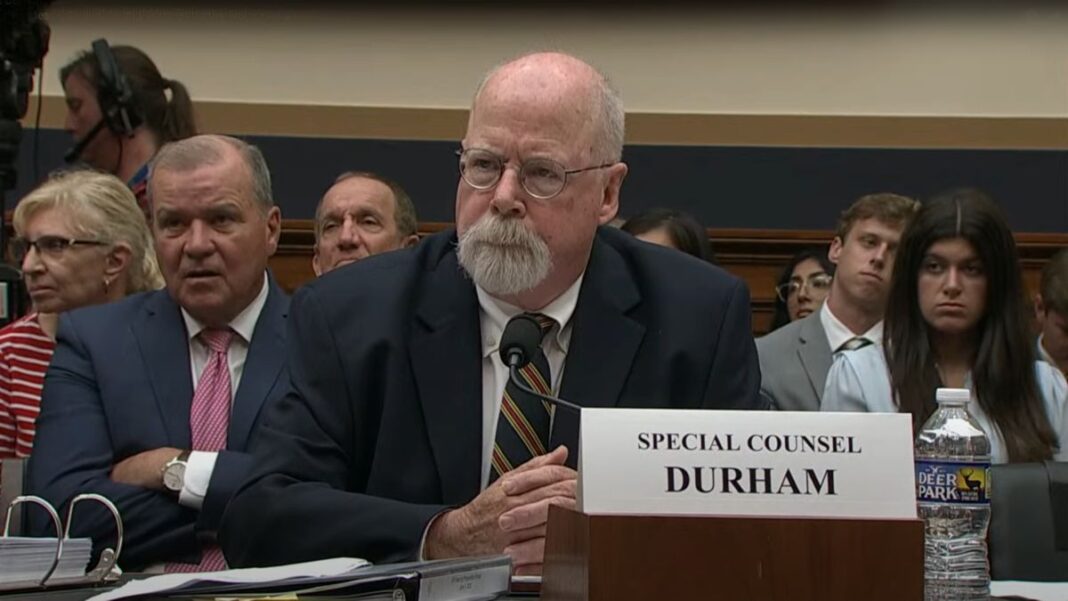The number of homeless people in the state has increased drastically over recent years with poor policies cited as the main reason for the situation.
California has the largest number of people experiencing homelessness in the United States, accounting for nearly a third of the country’s homeless population, according to a recent study conducted by the University of California, San Francisco (UCSF).
“More than 171,000 people experience homelessness daily in California, two times more than the next highest state,” the UCSF’s California Statewide Study of People Experiencing Homelessness (CASPEH) study report (pdf) said. “While 12 percent of the overall United States population lives in California, 30 percent of the nation’s homeless population and half the nation’s unsheltered population (those living outside, in vehicles, or in places not meant for human habitation) reside here.”
The report, released on June 20, shatters a common myth about homelessness in California—that many of these people come from outside the state. It points out that “people experiencing homelessness in California are Californians.” Nine out of ten respondents had lost their last housing in the state. Meanwhile, 75 percent of participants lived in the same county where their last home was located.
High costs and homelessness were found to have left the participants “vulnerable to homelessness.” In the six months prior to becoming homeless, the median monthly household income of the respondents was found to be just $960.
“Twenty-one percent of leaseholders cited a loss of income as the main reason that they lost their last housing. Among non-leaseholders, 13 percent noted a conflict within the household, and 11 percent noted not wanting to impose.”
The survey respondents said that financial support could have prevented their homelessness, with 70 percent saying that a monthly rental subsidy of $300 to $500 would have ensured they had a roof over their heads.
Eighty-two percent believed a one-time payment of $5,000 to $10,000 could have ensured they did not become homeless. Eighty-nine percent cited housing costs as a barrier to re-enter permanent housing.
The study was conducted among nearly 3,200 homeless people between October 2021 and November 2022, with 365 people recruited for in-depth interviews.







